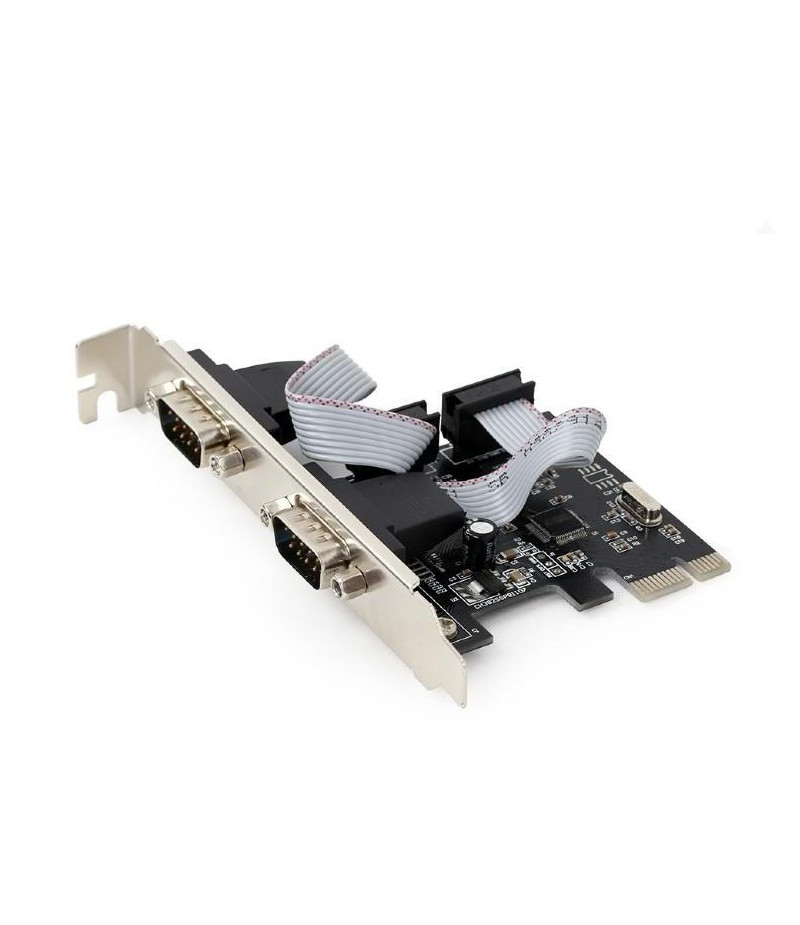

All of these groups may not exist on every Linux distro. Don't worry if some of the commands fail.

To enable user access, you must open a terminal and enter the following commands before jSerialComm will be able to access the ports on your system.
Serialport x serial#
Note for Linux users: Serial port access is limited to certain users and groups in Linux. Alternately, if you already know the port descriptor of the port you wish to use (e.g., "/dev/ttyS0" or "COM3"), or if you are using this library with pseudo-terminals (e.g., "/dev/pts/14"), you can create a SerialPort object using the following static method: SerialPort.getCommPort(String portDescriptor) See the Javadoc Library Reference for a complete overview of this library and its methods. This will return an array of SerialPort objects through which you can iterate. You can then generate a list of all available serial ports on your system (real or virtual), by calling the following static method: SerialPort.getCommPorts() To access the contents of the library in your project, make sure to import .* into your java files. As such, you can make use of this library by simply copying the jSerialComm.jar file into your project directory and linking to it as you would any other JAR file. One of the most convenient features of this library is that it allows you to simply include the JAR file in your custom project, and it will automatically select and load the correct native library for your platform and architecture. How can use this library in my own project?
Serialport x mac os x#
Serialport x windows 7#
Windows 7 and later (32-bit, 64-bit, and ARM).Communication errors have been encounteredĪdditionally, this library can be used in any Java project intended for use on the following platforms:.A delimited string-based message has been received.A complete fixed-length data packet has arrived.Event-based reading and writing via callbacks.Ability to read and write byte streams via Java's InputStream and OutputStream interfaces.Ability to read and write raw data bytes directly to the serial port.Configurable flow control parameters for the serial port (CTS, RTS/CTS, DSR, DTR/DSR, XOn/XOff).Configurable port timeouts (blocking and non-blocking) for both reading and writing.Configurable ports according to baud rate, data bits, stop bits, and parity.User-specifiable port descriptors including symbolic links.Returns both a system port description and a friendly device description.Enumerates all available serial ports on a machine.Very lightweight and efficient implementation.Platform-independent library deployment (automatically uses correct native library based on current architecture).Some of the features of this library include:

It is meant as an alternative to RxTx and the (deprecated) Java Communications API, with increased ease-of-use, an enhanced support for timeouts, and the ability to open multiple ports simultaneously. JSerialComm is a Java library designed to provide a platform-independent way to access standard serial ports without requiring external libraries, native code, or any other tools.


 0 kommentar(er)
0 kommentar(er)
